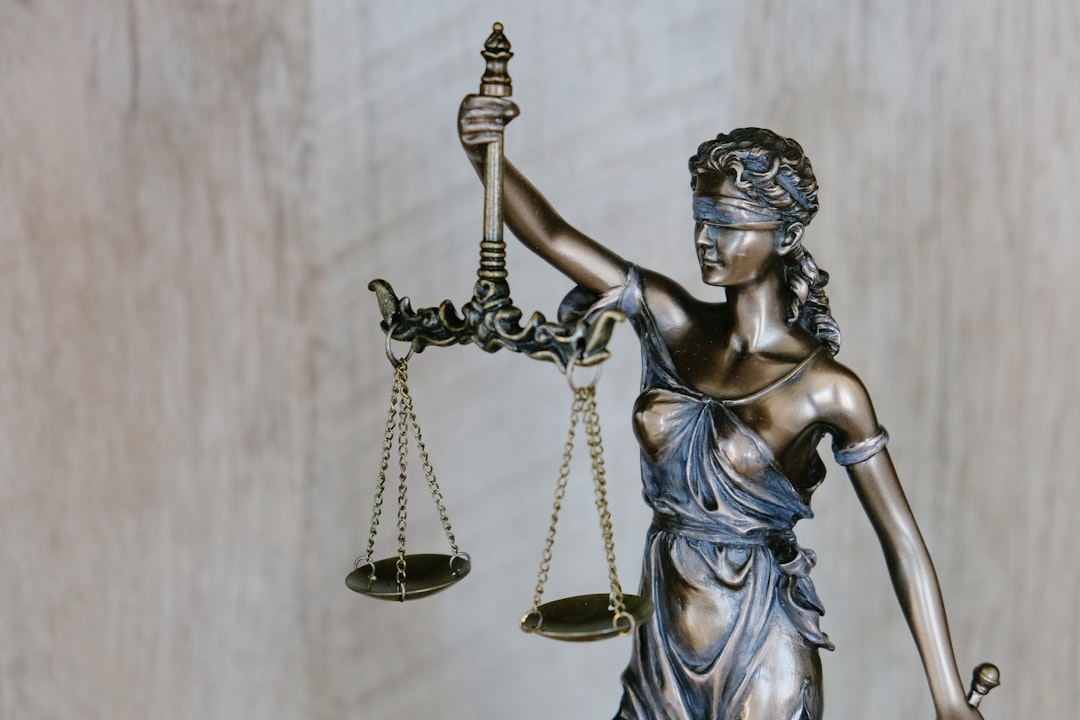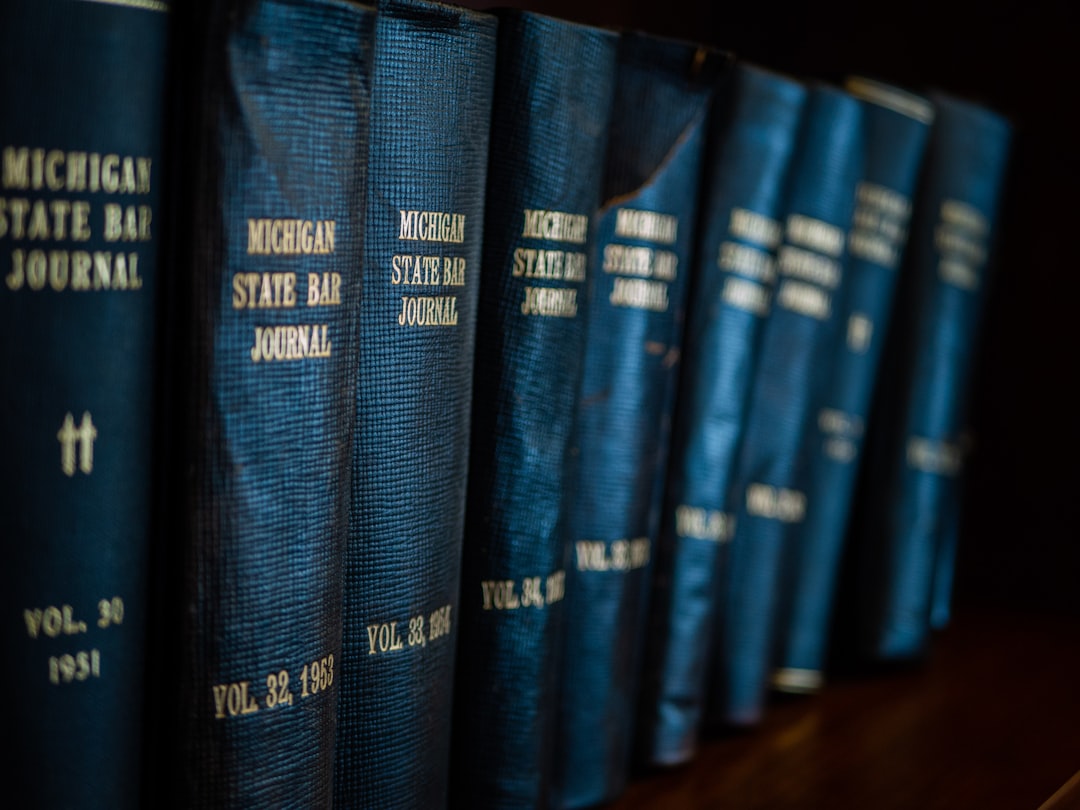Social stigma and cultural norms prevent survivors of massage therapy abuse in Rochester, NY, from coming forward due to fear of judgment and ostracization. Massage abuse law firms play a vital role by offering safe spaces, confidentiality, and free consultations to help survivors overcome these barriers, especially for those from diverse backgrounds. Through training, sensitive intake processes, and collaboration with local organizations, these firms empower survivors to report abuse and promote healing.
“Social stigma surrounding sexual assault remains a significant obstacle for survivors seeking justice, with diverse backgrounds presenting unique challenges. This article delves into the complex issue of how social stigma impacts reporting rates and explores strategies to overcome these barriers. We examine the role of legal support in empowering survivors from various contexts, focusing on the specific needs of those in Rochester, NY. By understanding the unique challenges faced by different communities, we can work towards a more inclusive system that encourages disclosure.”
Understanding Social Stigma: A Barrier to Reporting

Social stigma, a complex web of societal attitudes and beliefs, often acts as an invisible barrier that prevents survivors from coming forward to report abuse. This phenomenon is particularly pronounced when discussing sensitive topics like massage therapy abuse, especially in diverse communities where cultural norms and expectations can vary widely. In Rochester NY, home to a vibrant and varied population, the impact of social stigma on reporting rates cannot be overlooked.
Survivors from different backgrounds may face unique challenges when considering legal action against massage therapists who have exploited their trust. Some cultures emphasize collective harmony over individual complaints, leading to underreporting. Others might fear judgment or ostracization if their experiences are made public. These societal pressures erode survivors’ confidence in reporting abuse, creating a cycle that perpetuates the silence surrounding massage therapy abuse cases. Understanding and addressing these cultural nuances is crucial for law firms specializing in such matters to effectively support survivors from diverse communities.
Diverse Backgrounds, Unique Challenges in Disclosure

Survivors from diverse backgrounds often face unique challenges when considering disclosure and reporting of social stigma-related issues, such as massage abuse. Cultural, socioeconomic, and linguistic barriers can significantly impact their willingness to speak up. For instance, immigrants or refugees might struggle with trust in new systems due to past experiences in their home countries, making them more cautious about sharing personal details with authorities or legal institutions, like Rochester NY massage abuse law firms.
Additionally, intersectionality plays a crucial role; individuals identifying as part of multiple marginalized groups may experience compounded stigma and fear of further discrimination when reporting these incidents. This could lead to underreporting or delays in seeking help. Understanding these challenges is essential for developing inclusive support systems and legal services, ensuring that massage abuse survivors from diverse backgrounds receive the necessary assistance without added barriers.
The Role of Legal Support in Overcoming Stigma

Survivors of sexual abuse often face a significant barrier in reporting their experiences due to social stigma, which can lead to delays or even prevention of them seeking justice. Legal support plays a pivotal role in overcoming this stigma. Rochester NY massage abuse law firms offer specialized services tailored to address the unique needs and concerns of survivors from diverse backgrounds. These firms provide not only legal counsel but also create safe spaces for clients to share their stories without fear of judgment.
By offering free consultations, confidentiality protection, and a deep understanding of the emotional complexities involved, these law firms encourage victims to come forward. They employ strategies such as sensitive case intake processes, cultural competency training for staff, and collaboration with local support organizations to ensure survivors feel supported and empowered throughout the legal journey. This holistic approach not only aids in improving reporting rates but also fosters a sense of healing and recovery for those who have experienced trauma.






